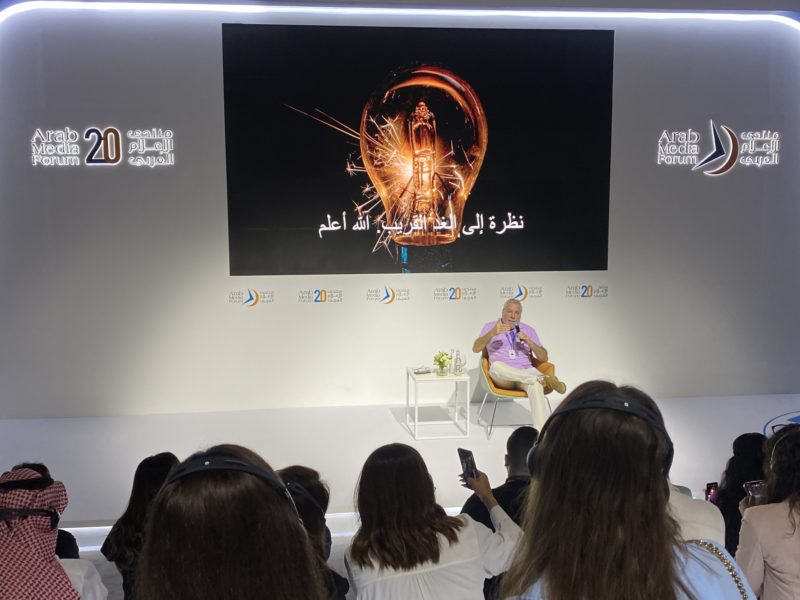The Russian Invasion of Ukraine Explained

Russian President Vladimir Putin announced on February 24 the beginning of a military operation to “demilitarize” neighboring Ukraine and protect two pro-Russian self-proclaimed republics in eastern Ukraine, Donetsk and Luhansk. How did we get here?
What Russia wants?
The Russian president considers Ukraine as part of Russia historically and a creation of the Soviet Union. He is seeking “reliable and long-term security guarantees” from the United States and its allies “that exclude further NATO moves eastward” as well as “the deployment of weapons systems” in close vicinity to Russian territory.
What is NATO?
The North Atlantic Treaty Organization, or NATO, is a collective security organization created in 1949 by the United States, Canada, and other Western European countries, during the Cold War with the communist Soviet Union and its allies. NATO, which currently consists of 30 member states, has continued its expansion towards countries in the former Eastern bloc despite the fall of the Soviet Union in 1991.
What Ukraine wants?
Since the “Orange Revolution” in 2005, some Ukrainian political parties have been trying to get their country closer to the European Union and NATO while trying to limit Russian influence. Russia responded by annexing the Ukrainian peninsula of Crimea in 2014 while clashes broke out in the Eastern Ukraine between pro-Russian rebels and the Ukrainian army who soon lost control of the regions of Donetsk and Luhansk. The People’s Republic of Donetsk and People’s Republic of Luhansk have been officially recognized independent by Russia on February 21.
How NATO and the U.S. are reacting to the Russian invasion?
Ukraine is not a NATO member, so the organization has no duty to interfere in this conflict. The United States and European allies have announced sanctions against Russia, targeting especially its banks and halting an important gas project. “Because of the sanctions, Russia is bound to be excluded by all the international banking systems and circuits, which will have devastating consequences” for its economy, according to Omar Bortolazzi, professor of political science at the American University in Dubai.
Why Western Europe is concerned?
Europe imports 40% of its gas from Russia and a halt or a shortage in deliveries would create a very difficult situation for the continent. “Even if Qatar decides to aid Europe, the cost of gas will become stellar, up to the point of a regime of austerity, where countries will have to face the necessity to greatly reduce the use of gas,” said Bortolazzi.


